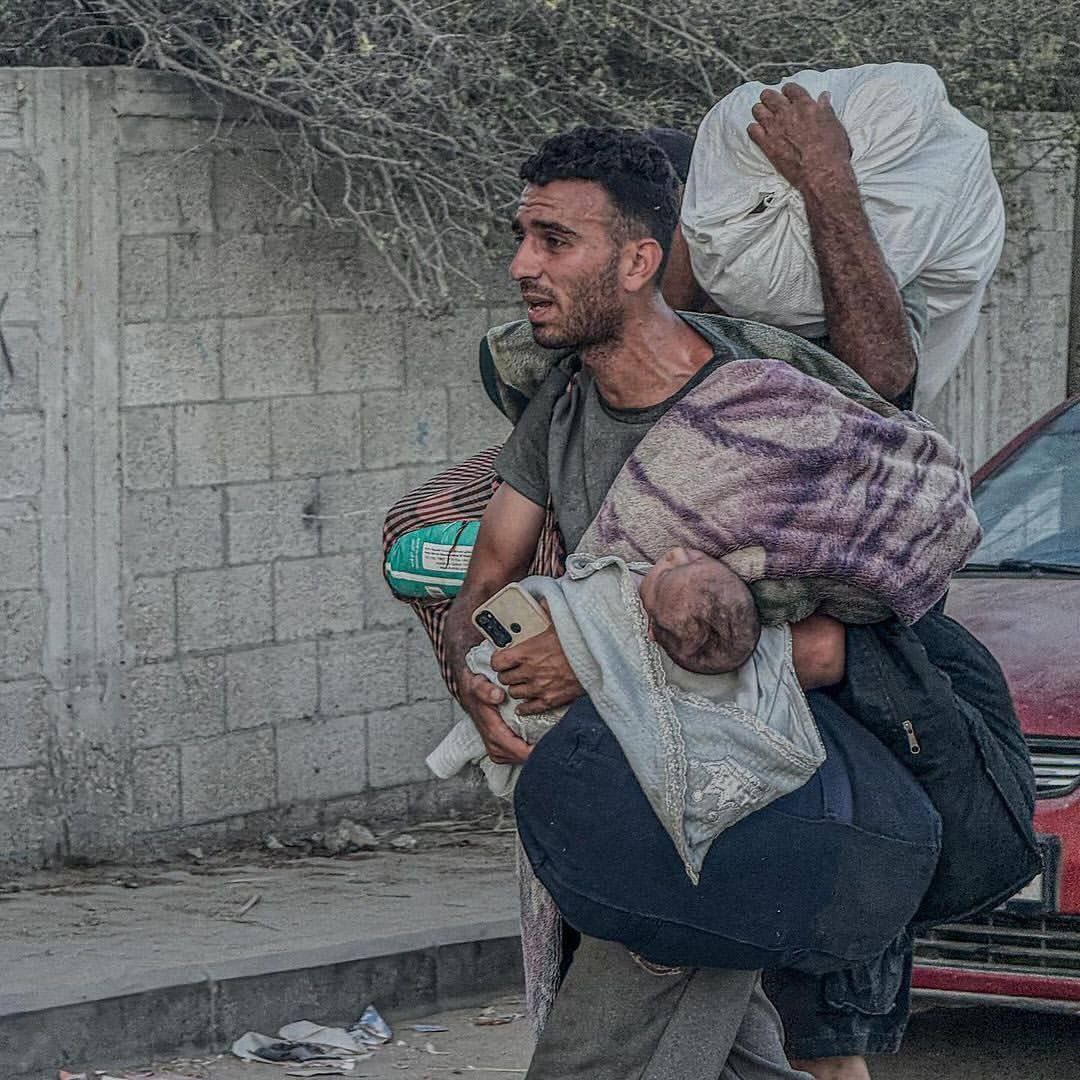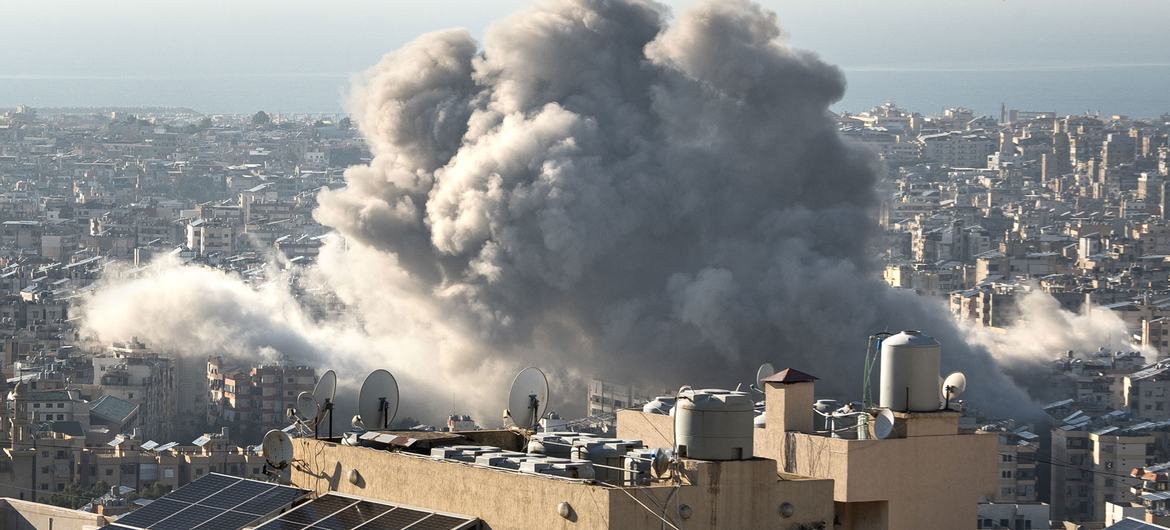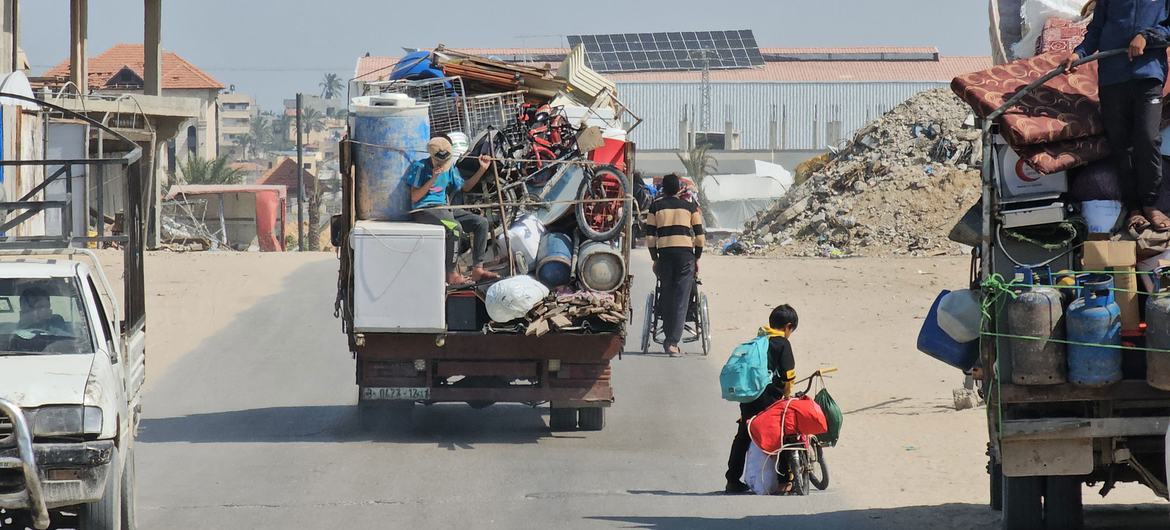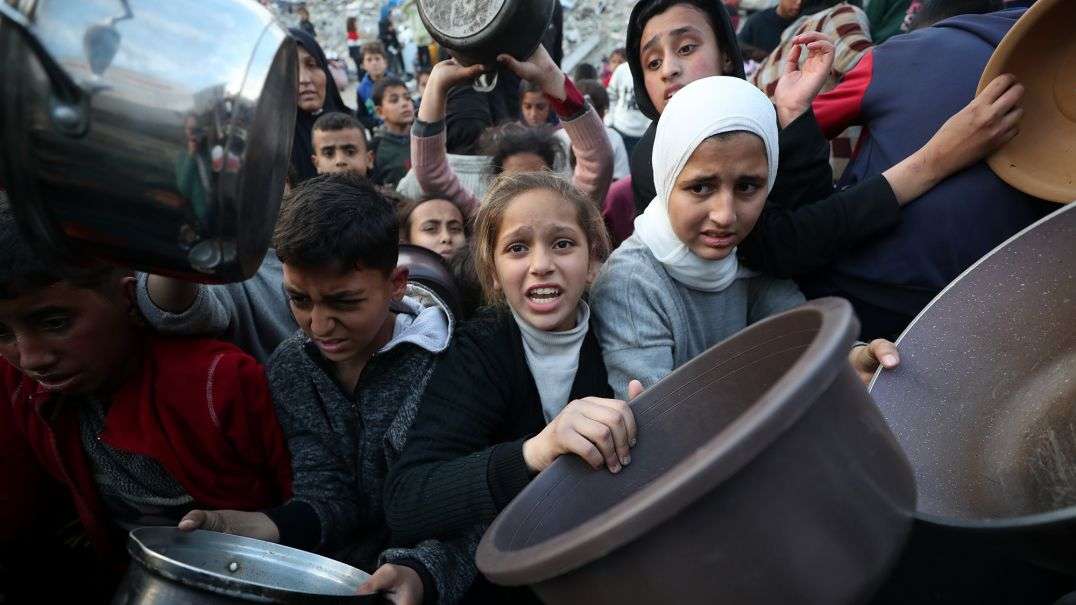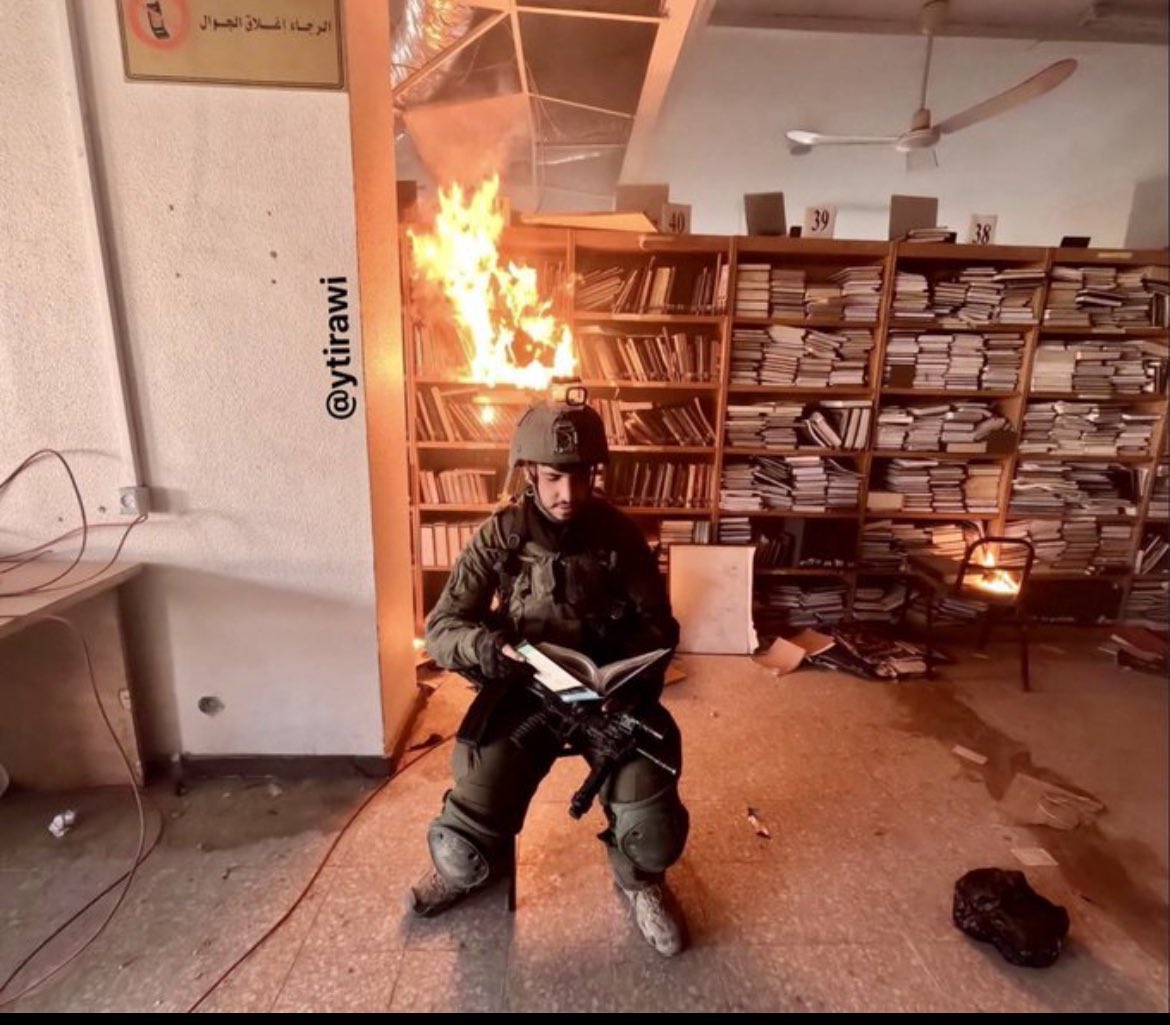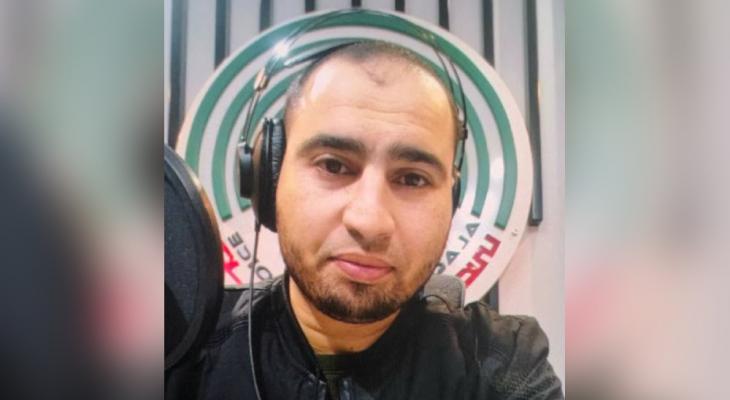Israel: Displacement Versus Regional Expansion
It’s a war game between an isolated leader and an accused leader, a leader fleeing corruption and the courts, and a leader selling homelands like real estate on the pavement of the White House. How can they make peace? With the blessing of pseudo-leaders, once described as Arab Muslims, they have forgotten that history disowns false heroism, no matter how long it lasts. Indeed, it’s a stain that history will never erase, for conspiracies have an expiration date.
The game is aggressive and contradictory, with diminished rights and usurped land, and it is being exaggerated to create new heroes, expose traitors, and burn paper heroes. Announcing radical change is more Trumpian than it is a way to achieve the goal. The goal is geopolitical whose stakes are greater than those in the ruins of Gaza, or for the people of the West Bank.
What we perceive now on the ground is the result as actually being implemented in the region of Palestine, Jordan, Syria, Lebanon, Iraq, Egypt, and elsewhere. This is far removed from the American political legacy, which has come to present itself as an unfair mediator with its possibility of implementing peace by force!
A Zionist base
We are faced with an occupying state that wields American power, a Zionist base in the heart of America and entity. America studies the state of politics firsthand. It is the largest country to explore the concept of state with military, geographical, and geopolitical capabilities. Geopolitical power is the most important element of its strength, exploited on the basis of geographical expansion.
States are considered human communities that grow and expand, weaken and shrink. The plan, my dear friends, is a trial balloon the size of the Middle East, with its peoples remaining stagnant and helpless. But the question is: Where does its success lie?
Let’s address this point by point. Reality shocks us, while history never forgets the amount of public discussion about settlement and the forcible preparation of political conditions to weaken the position of the international community and Europe in the ongoing conflict to subjugate the Arab situation to the point of fragmentation, division, and subservience.
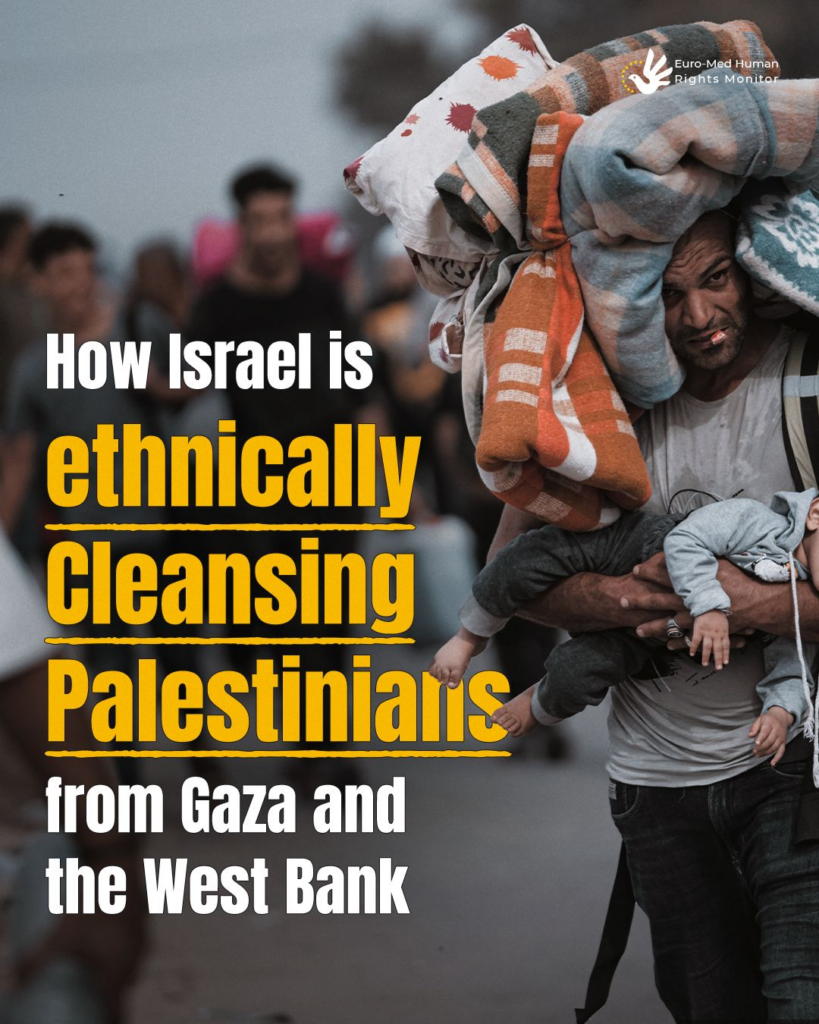
Yes, Netanyahu continues his war to preserve his government with Smotrich, and Ben-Gvir, to pump billions of dollars into the government budget, to evade prosecution, and to realize the agenda of the Likud and religious Zionism to control the levers of the occupying state in its extremist Jewish nationalist form. But to what extent can Netanyahu can he continue to be evasive?
Netanyahu is now using the concept of force through traditional methods of exterminating civilians and then displacing the largest possible number of Gazans. He is also seeking to change the map of the region, annexing lands in the West Bank and Gaza Strip, Judaizing Al-Aqsa Mosque and Jerusalem, reshaping security to suit Israeli interests, and impose normalization. The region is in turmoil and change whilst undergoing a process of formation and renewal. The Syrian model is a prime example.
Regional expansion
The imposition of further conditions of humiliation on the Arab environment, the multi-front military campaign, as is happening in Syria and southern Lebanon, to reshape and strengthen Israeli security and regional influence in the long term. These developments will impose new facts on the ground to prevent any future political solution, as Israel seeks to expand settlements, forcibly displace Palestinians, and annex the remaining land.
Recognizing the Jewishness of the state and following the provisions of the Nation-State Law stipulates that Jews have the right to settle in the Arab region wherever they wish, and that the Israeli state must provide protection and care for every Jew. Declaring the Jewish state from the sea to the river is a form of soft displacement by all means, both covert and overt. Israel’s ambitions span the entire Arab region, as the Nation-State Law does not define the borders of the Jewish state posing great dangers to the delusional states that normalize relations with Israel, whilst believing that Israel will be an ally against an imaginary, fabricated enemy.
We should not overlook the fact that some Zionist political and military leaders believe that Israel should not consider the “alternative homeland” concept of displacement as a strategic and ultimate goal because it poses a constant danger and threat to its existence based on its assumption of a neighboring state(s) hosting the displaced Palestinian people within its vicinity as an occupier of their land and homeland.
Additional questions that must be raised is: To what extent should the goal be security-related? How large is the required area for expansion? Is this a fundamental and permanent requirement for Israel’s security, as has been stated? How does the area of land, whether in Syria, southern Lebanon, or elsewhere, fit into a general Zionist plan to serve as Israel’s eastern flank? To what extent should the region be expansionist, to what extent should it be aligned with Zionist expansion into the Gulf states?
Another issue is: Will there be a push to conclude an agreement with Israel that is more important than Wadi Araba and be in Israel’s favor? What about the four-party negotiations or more, and to whom will the invitation be addressed? And what would be the price that would follow? Perhaps the Palestinian Authority itself? The contradiction in the statements is clear and deliberate, and Israel is the ruling authority there! The most important question remains: What leverage do the countries of the region possess and use to prevent its negative influence?
Greater Israel
What is of certain is that Israel is pursuing of what is beyond for the greater Zionist entity reach. While discussing the Jewishness of the state, we cannot overlook other aspects of Zionist lore, the most important of which is the construction of the pagan Third Temple on the ruins of the Dome of the Rock. Are we concerned about that?
Unfortunately, the entity of Israel as a whole is illegitimate, but the world offers nothing but rejection of our Arab and Islamic identity.
They continue with the Zionist entity’s plan for the Middle East under the guise of the Sharon-Eitan strategic regime, the “spit of the century,” and other labels, provided there is Arab and Islamic division, an increasing imbalance of power, and the absence of genuine Arab peoples calling for the freedom of their homelands…not to provide for their livelihood, whose voices will be silenced by the provision of aid and debt forgiveness, or such some.
The writer is a researcher specializing in Middle Eastern affairs and the above article was edited from Arabic that appeared in Alrai Alyoum website.

